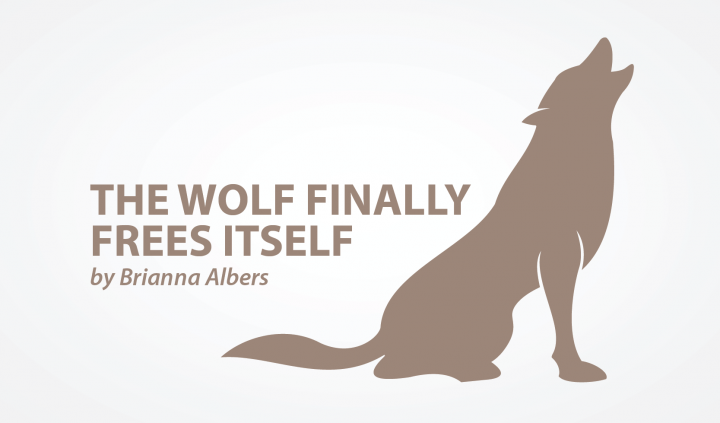I’m Learning to Balance Rest and Productivity
Written by |

I’m a productivity geek. I’m not content with simply doing things. I want to do them well. And I want to do as much as I possibly can in the time I have left.
Productivity has served me well. Over the years, productivity has gotten me a bachelor’s degree in psychology, a master’s degree in community care, the first draft of a novel, and more. But I’m starting to realize that productivity, while beneficial, has also ruined me.
I thrive in distance learning environments. Some benefit from the rigidity of class schedules; others prefer to design their own, and actually perform better when they have a certain amount of control over their lives. I fall somewhere in the middle. I need a little bit of direction, but overall, I’m far happier — and ultimately more productive — when I have some breathing room.
The issue, of course, is that I’m no longer in school. The productivity frameworks I once adhered to, while beneficial at the time, no longer apply to my current situation.
I graduated right around the time the pandemic became a reality. Like the rest of the world, I had to adapt, and fast. My summer plans, which largely revolved around transitioning from the life of a student to the life of a post-grad freelancer, went out the window. I suddenly had all this time, with no clue what to do with it.
Naturally, I looked to productivity. I was a free agent, unimpeded by medical appointments and social gatherings! I could get so much done! I could start a vlog and livestream on Instagram and publish monthly newsletters and revise my book by the end of June and adopt a kitten and get outside and pay off my credit card and be the person I always wanted to be and and and —
I tried. But I was tired and overwhelmed and frustrated with myself, because I was far busier in college. My plans for 2020 were nothing compared to my final semester of undergrad. I wasn’t even leaving the house! Why was I struggling so much?
By the time I graduated with my master’s, I had perfected my daily routine. Get up at 10 a.m., dork around till noon, work till dinnertime, then take the rest of the night off. I tried my hardest not to work on weekends, and was devoted to the mental agenda I devised at the beginning of the semester that would have me finishing all assignments with time to spare. I was a well-oiled, productive machine (though I admittedly suffered from senioritis the last couple of semesters).
Then the pandemic hit, and I forgot one of the most important lessons I learned as a student: Rest is essential.
Distance learning tricks you into thinking you can cram a semester of work into a month. But you can’t. Eventually, you recognize the value of time containers. You can study all day, every day, and inevitably burn out, or you can schedule blocks of “deep work” for studying, discussion posts, etc. Balance is key.
I was disillusioned with my oodles of free time post graduation. I gave myself a firm deadline and beat myself up for falling behind. To make up for falling behind, I started working weekends. My nightly reward of “me media” — TV, video games, books, podcasts — fell by the wayside because I was so obsessed with the arbitrary date of June 30. I forgot to rest. I lost all track of time. Sunday blurred to Thursday blurred to the same day, over and over, with no end in sight.
This kind of relentless productivity is dangerous as is. But it’s especially dangerous for people with SMA. Ignoring our body’s warnings and pushing ourselves to the brink increases the risk of sickness and disability. We may look past or even ignore those warnings out of a desire for normalcy. We see the accomplishments of people around us and want to match or surpass them, even if it endangers our health and well-being.
We need to rest. We need to slow down.
Thankfully, the pandemic is forcing me to acknowledge the dangers of productivity. I am slowly achieving balance — a balance that I’m sure will look differently over the years. Right now, it looks like altering my revision schedule, reclaiming my beloved “me media” ritual, and spending time with caregivers without worrying about deadlines and to-do lists.
I’m slowing down. And it’s been darn good for me.
***
Note: SMA News Today is strictly a news and information website about the disease. It does not provide medical advice, diagnosis, or treatment. This content is not intended to be a substitute for professional medical advice, diagnosis, or treatment. Always seek the advice of your physician or other qualified health provider with any questions you may have regarding a medical condition. Never disregard professional medical advice or delay in seeking it because of something you have read on this website. The opinions expressed in this column are not those of SMA News Today, or its parent company, Bionews Services, and are intended to spark discussion about issues pertaining to spinal muscular atrophy.




Leave a comment
Fill in the required fields to post. Your email address will not be published.